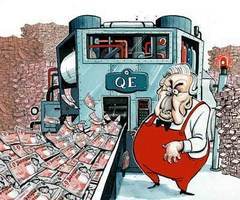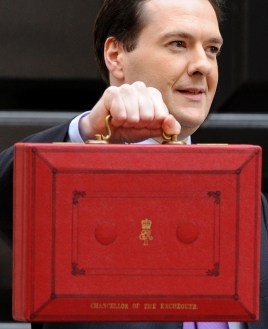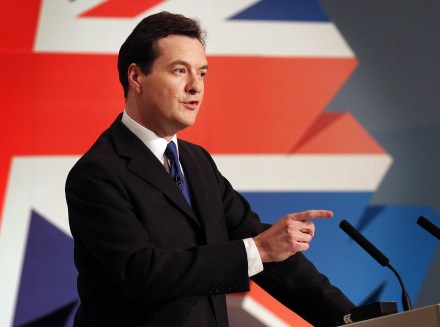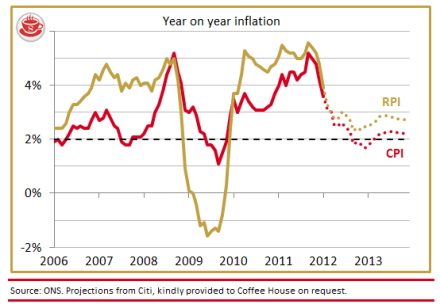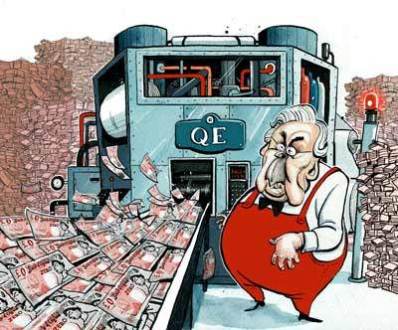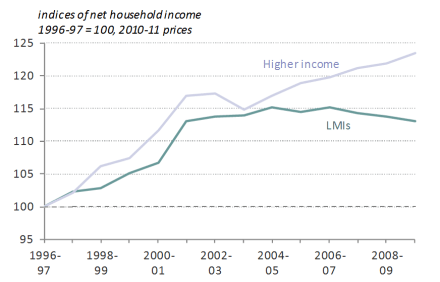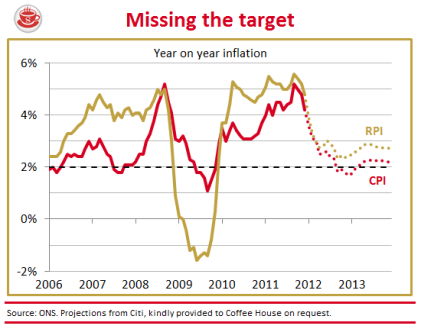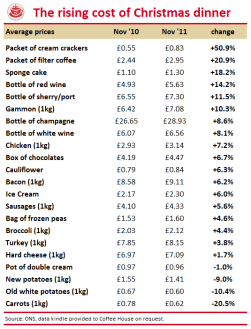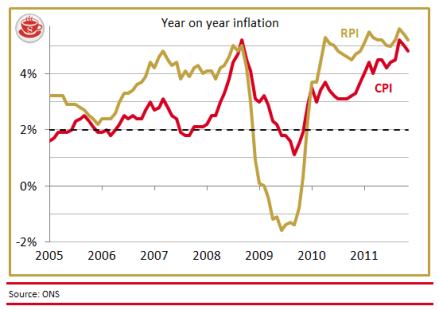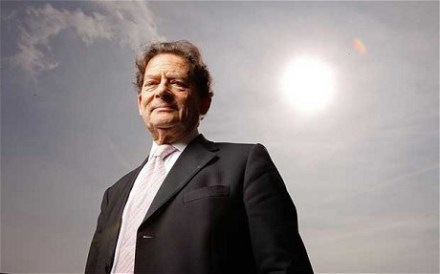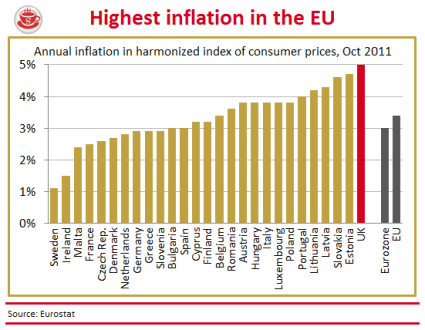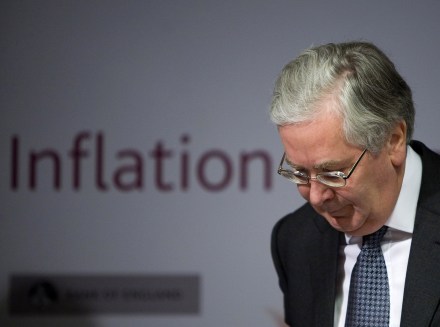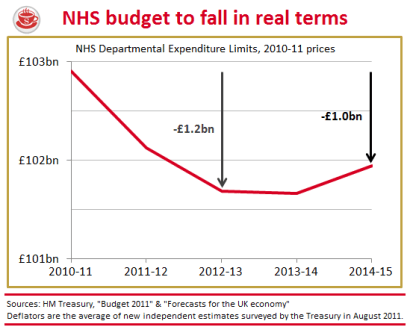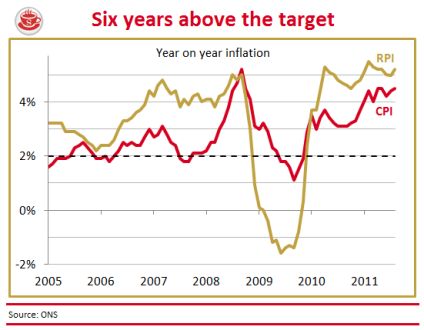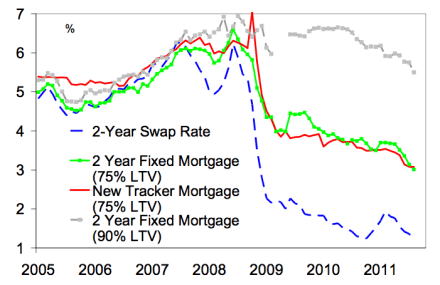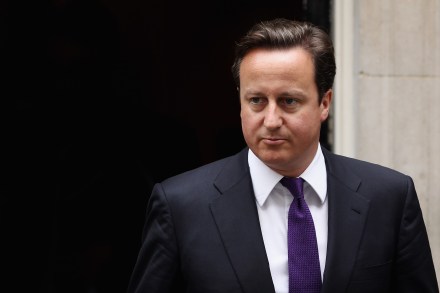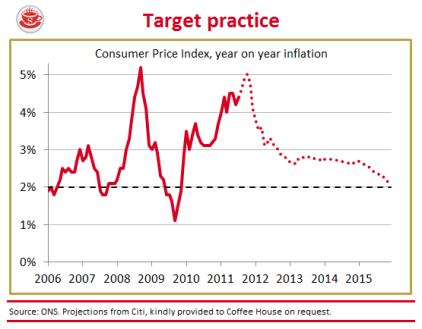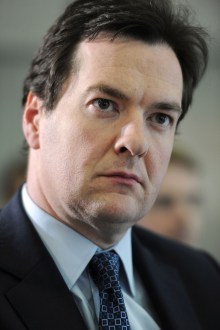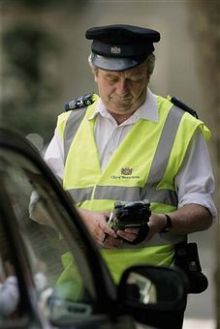QE is a government hijack, says King
While Mervyn continues to inflate our universe via Quantitative Easing, another Mr King — Stephen, the chief economist of HSBC — has issued a report saying QE is a way for governments to ‘hijack the credit system’. ‘The financial system is being rigged via acts of financial repression as governments look for new ways of funding excessive debts,’ says King in his bluntly worded report. While he doesn’t cite the UK or Sir Merv by name, it’s clear that reference is being made to QEs I and II, the government’s preferred means of stimulating lending through lowering borrowing costs. Financial repression — basically, when governments fund their borrowing through imposing
